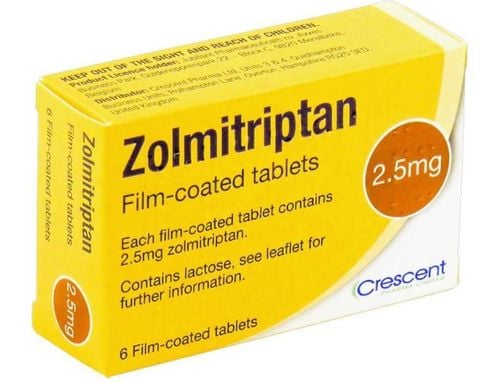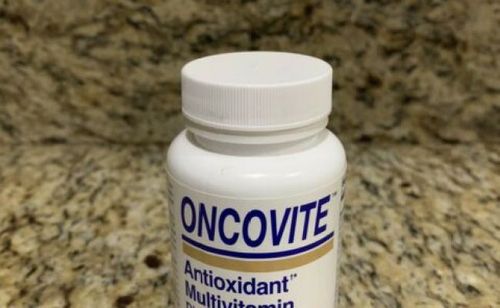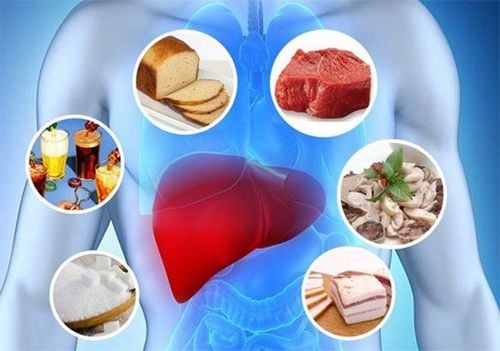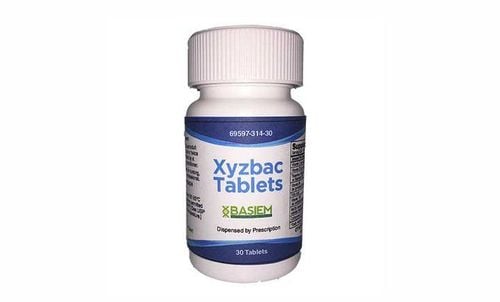This is an automatically translated article.
People may be surprised to find that certain common foods can trigger migraines in predisposed people. Therefore, patients need to know what foods cause headaches or migraines by referring to the information below.
1. Things to keep in mind about migraines
It is important to note that there are many factors that can trigger a migraine and what you are eating or drinking may not always be the culprit. The commonly recommended way to manage migraines is to keep a migraine diary to track what might be causing:
When the headache occurs Intensity and duration of symptoms Duration and the composition of your meals and anything you are taking Medicines you are taking Menstrual cycle Bed habits Stress level Exposure to bright light, screens or other stimuli If you are in doubt a particular food and drink is triggering a migraine, consider that other factors, such as dehydration, stress, hormonal changes, and sleep disruption, can always be element.
Watch for timing: Drinks or foods are considered migraine triggers when they start to strike within 12 to 24 hours of taking them. Attack start time can be as fast as 20 minutes.
Special Note: Do not attempt to eliminate foods from the diet in children or if you are pregnant without professional medical advice.
2. List of Common Migraine Trigger Foods
Although there is now evidence that certain foods can trigger acute migraine attacks, higher quality research is needed to confirm this. However, several food and drink triggers have been identified as migraine triggers such as:
2.1 Alcohol The most commonly reported dietary trigger is alcohol, with red wine being concentrated. particularly in relation to acute pain. Certain substances found in some alcoholic beverages, especially histamine, tyramine, and sulfites, have been implicated in headache attacks. However, much of the evidence suggests that alcohol causes migraines on its own because it dilates blood vessels.
2.2 Chocolate About 20% of migraine sufferers say chocolate is a trigger. This is thought to be due to the presence of beta-phenylethylamine, an organic compound that has a stimulating effect on the central nervous system and brain.
2.3 Cheese Cheese contains the amino acid tyramine, which is found naturally in the body and helps regulate blood pressure. This potential migraine trigger is found in blue cheese, cheddar cheese, British stilton, mozzarella, parmesan and Swiss cheese, among others.
2.4 Processed Meats Nitrates and nitrates used to preserve processed meats such as salami, ham or bacon have also been reported as triggers. Additionally, some processed meats contain tyramine, another stimulant.
2.5 Foods that contain MSG About 10% of migraine-prone people say MSG, a common food additive found in many foods, is a trigger. MSG foods include:
Fast food Chinese food Canned soups Chips or other snacks Frozen foods Instant noodles 2.6 Caffeine The curious thing about caffeine is that it can act as an effect. It triggers migraines in some people and helps relieve pain in others. Fluctuations in caffeine levels affect the dilation of blood vessels, which can cause headaches.
2.7 Other Triggers Several other foods can trigger migraines as well, including:
Yogurt and fermented milk Fermented and pickled foods Peanuts and other nuts Yeast and one several types of bread Organ meats and pates Certain fruits, including kiwis, citrus, bananas, and raspberries
3. Migraine should eat what?
While adjusting what you eat and drink won't completely prevent migraines, they can help limit and improve migraines somewhat.
Magnesium-rich foods: Green vegetables, avocados, cashews, almonds, peanuts and tuna are all rich in this mineral. Omega-3 foods: Researchers have shown that omega-3 fatty acids, found in fish like mackerel, salmon, cod liver oil, and herring, can help prevent pain. Ketogenic diet: Research has shown that the ketogenic diet can be effective in reducing the frequency of migraine attacks. This diet emphasizes high fat, low carbohydrate and adequate protein intake. In addition, there are a few other things you need to keep in mind:
Eat right meals and set a regular eating schedule. Try eating five small meals a day. Combine carbs with protein to maintain satiety. Emphasize fresh foods, vegetables, and lean proteins. Do not choose processed foods. Minimize salt. Read the ingredients on the label. Drink enough water; Stay away from sugary soft drinks. In short, migraines not only make you tired and sometimes also degrade your health over time. Therefore, when migraine attacks occur, you should see a doctor for examination and actively establish yourself a healthy lifestyle and healthy eating habits to ensure your health.
Please dial HOTLINE for more information or register for an appointment HERE. Download MyVinmec app to make appointments faster and to manage your bookings easily.













